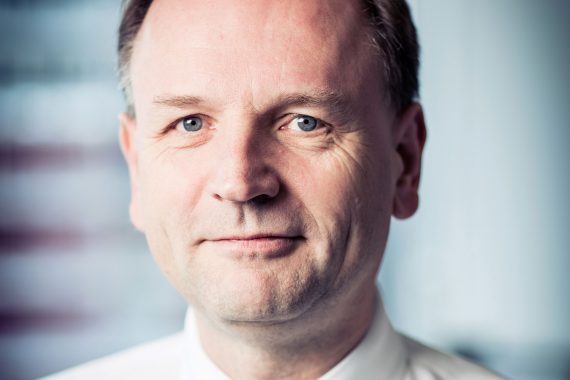Continuity of care has worsened ‘due to part-time GPs’, says NHS England chief

Continuity of care has decreased in the past few years largely due to GPs ‘choosing to work less time full time’ in practices, the head of NHS England has said.
NHS England chief executive Simon Stevens suggested this was down to the NHS ‘placing’ more GPs in different NHS settings and denied that efforts to increase access to GP appointments had any part to play.
Meanwhile, he admitted access to general practice appointments had ‘steadily’ worsened for patients over the same time period as well.
At an event run by the Nuffield Trust think tank in Windsor, Mr Stevens was asked whether policies to increase access to general practice has been prioritised over continuity of care in the last few years.
He said: ‘No, because I don’t think that is actually the explanation for the decrease in continuity. The decrease in continuity isn’t because access has been prioritised or improved.
‘The patient experience of being able to get quick appointments at your practice has been getting steadily worse and we’ve got to turn that around.’
He added: ‘The factor that most explains that continuity difference has been the composition of the workforce.
‘In many practices the majority of GPs in their 40s or 50s are choosing to work less time full time, together with the cause that the health service is placing GPs in other parts of the service.’
Mr Stevens said there was a ‘conundrum’ in trying to provide continuity, alongside GPs being able to have flexible careers.
He suggested the way of ensuring better continuity of care was to focus on those patients who need it the most.
He said: ‘How do you actually be a flexible employer, recognising that people will want different options over the course of their career, want to be at work part time, and give some version of continuity?
‘There are a couple of ways into that. One of course is segmenting your patients at population for those for whom continuity actually matters versus those who are actually presenting in general practice for a one-off fix – and so in general we’ve got to be more differentiated.
‘Even if it’s within the practice or the primary care network, the urgent care-primary care interaction isn’t necessarily the same as the long-term relationship and chronic disease management that some patients fully get. There will be crossover.’
Mr Stevens’ comments come as the Government plans to expand its scheme placing GPs in A&E departments, after it claimed 10% of patients are now being diverted through the scheme.
A report in March found the NHS will have 7,000 fewer full-time-equivalent GPs than needed within five years.
The Conservatives have pledged to recruit 6,000 more GPs by 2024/25, although former health secretary Jeremy Hunt failed to deliver the 5,000 GPs promised in 2015.
Pulse revealed earlier this month that the Government could end up with almost 2,000 fewer fully qualified FTE GPs by the start of 2024/25 than in 2019, if the current annual rate of decrease in staffing continues.









